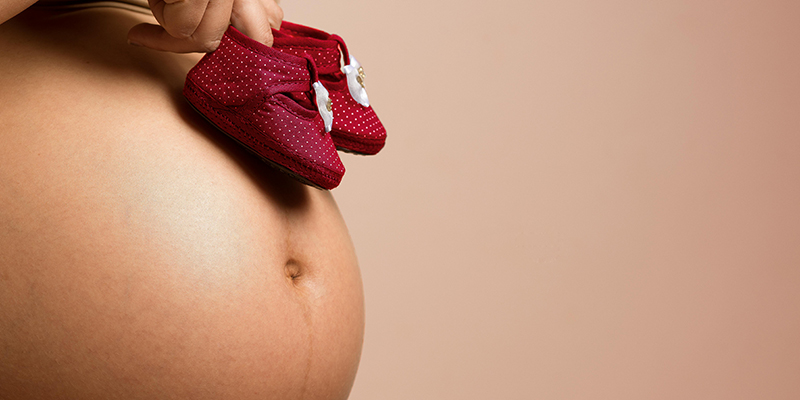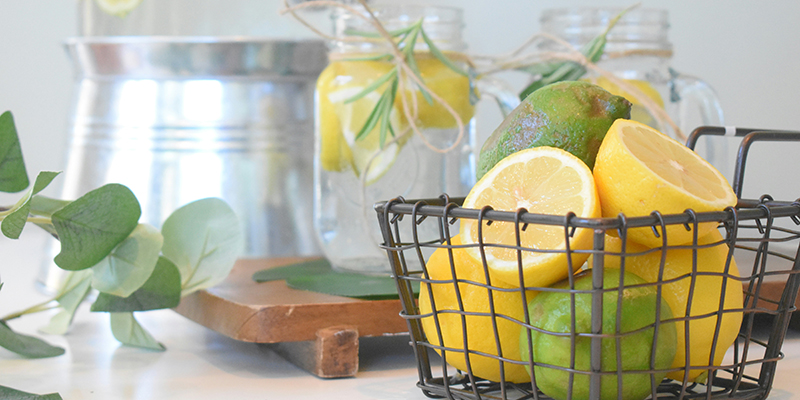What To Do If Your Flight is Cancelled or Delayed? Manage Things Wisely
9 Essential Tips for Booking Your Destination Wedding Flights
How to Choose the Right Air Fryer for Your Kitchen?
Must-See Stunning Botanical Gardens Around the World
What Is The Spoon Theory? How Many Spoons Do You Have?
6 Strategies to Balance your Work and Home with Ease
Screen-Free Parenting: Effective Ways to Limit Screen Time and Foster Healthy Habits
Nutrition for New Moms: Healthy Eating for Breastfeeding
As a new mom, proper postpartum Nutrition is crucial to your recovery. If you are breastfeeding, it is even more critical, as the nutrients you take in also nourish your baby. Even though you may be having trouble falling asleep, eating healthy might help you maintain a good night's sleep.
As a new mom, proper postpartum Nutrition is crucial to your recovery. If you are breastfeeding, it is even more critical, as the nutrients you take in also nourish your baby. Even though you may be having trouble falling asleep, eating healthy might help you maintain a good night's sleep.
Healthy eating directly affects your mental well-being, which is especially important as your hormones fluctuate. Moreover, it can be useful for postpartum weight loss if that becomes an objective of yours.
Research has connected maternal malnutrition to postpartum depression (PPD) and depressive symptoms, and as many as one in eight mothers suffer from PPD. Women who experience sadness are more likely to eat a bland diet and consume fewer vegetables, according to other studies. While a proper diet won't magically protect you against mental illness, it can help stabilize your mood in general by maintaining steady energy.
Furthermore, for the first two months after giving birth, mainly when breastfeeding, it is not advisable to decrease caloric intake.
Nursing mothers must increase their caloric intake by 500 calories, summing it up to around 2500 – 2800 calories per day, depending on the mother’s metabolism.

1. Postpartum Nutrition
It is best approached by including a range of primary, nutritious foods; this may seem like an inconvenient moment to begin analyzing nutrition label component lists and creating complicated meal plans, but it will become easier with time.
Your health and your infant's health depend on the foods you consume while nursing. You can try healthy foods like chai seeds, butternut squash, salmon, and chia seeds.
2. Breast Milk Production
The production of breastmilk is supported by eating foods rich in nutrients; eating well may have additional benefits, including improved mental and physical health, which any woman would welcome. You may know that nursing is great for your infant's health, but you might need to be made aware that it also positively affects your well-being. Moreover, there is an Old Tale Theory that when your baby latches frequently, it stimulates breastmilk hormone ( Prolactin) in your body and causes it to produce more breastmilk. This theory works when the baby latches a couple of times; after that, the pumping of breastmilk will be in excess.
3. Make Sure To Consume Plenty of Water
Breastfeeding can make you feel more hungry and thirstier than normal. The hormone oxytocin causes milk production to begin when a newborn latch onto a mother's breast. Staying hydrated is essential while feeding the baby.
However, you don't have to measure your water intake; instead, consume as needed. You're welcome to add Electrolyte water, which also helps to lactate more. While in nursing, there is no universally accepted recommendation for fluid intake.
4. Foods That Reduce Inflammation
You've certainly taken medication to alleviate inflammation before, but did you know that diet can have the same therapeutic effects after giving birth? In cases of postpartum edema, this may be useful. Bananas, potatoes, avocados, and spinach are all good sources of potassium, which has been proven to decrease swelling. You can add Olive oil, collards, kale, Tomatoes, and other vegetables to the menu.
5. Nutritious Postpartum Meals
Nutritious meals promote healing and nursing; most meals are easy and simple. Eat simple meals that include different food categories. A Healthy meal should consist of 3 simple components: a fruit or vegetable, a protein source (lean meat or non-meat), and a complex carbohydrate. You can also include low-fat dairy products and fruit of your choice.
6. Fatty Nutrients
Such as nuts, seeds, and fish are good sources of omega-3 fatty acids, which may also help prevent postpartum depression. Throw in some walnuts with your morning oats, or use flaxseed oil instead of olive when cooking.
7. Avoid Fishes High in Mercury
As a breastfeeding mother, avoid eating sharks, king mackerel, marlin, orange roughy, swordfish, tilefish, and bigeye tuna, among the most common offenders. (Eating other kinds of fish shouldn't make you queasy because they provide necessary components like choline)

Additional Advise On Nutrition for New Moms Lodine and choline
These nutrients are essential for nursing mothers' health as they promote proper infant neural development. Aim for dairy products or seafood to achieve Iodine in your diet; for choline, eat eggs, meat organs, beans, lentils, peas, and so on.
Vegan and vegetarian Moms should seek out other sources of iron, such as iron-fortified cereals and bread, dark green leafy vegetables, beans, and meats since iron is usually contained in meats.
To opt for Multivitamins, You can consider taking the following:
vitamin B12
Omega-3 DHA
Iron
Vitamin D
Constipation
As a new mom, you likely experience difficulty passing stool after giving birth; you may feel your old self again after a day or two. However, If you're experiencing constipation after giving birth, drink warm water on an empty stomach and try eating more high-fiber meals like beans, brown rice, and whole-grain cereals. In addition, your system will be regulated by eating fresh fruits like whole orange or orange juice and vegetables. If you feel the need to take a stool softener, consult your healthcare professional. For additional relief, increase water consumption.
Postpartum Hair Loss
This is a common complaint for new mothers, but some new moms recover their hair after a few months. Taking supplements to rejuvenate your hair alongside hair care products will help your hair grow back in no time.
Helpful meals and snacks
Turkey sausage and scrambled eggs
Cheese and crackers made from whole wheat
Almond butter and apples
Toasted avocado
Sliced cucumbers, carrots, or celery with hummus or bean dip
Wrapped in whole wheat, with gammon and cheese
Almond butter and apples
Prioritizing healthy choices in motherhood
Ultimately, as a new mom, it's important that while breastfeeding, you practice healthy eating at all times for the sake of your health and that of the baby. Remember to prioritize Nutrition over synthetic supplements. Try as much as possible to include meals that are high in fiber and rich in protein. Limit processed foods, alcohol, and caffeine, as this is part of living healthy for the sake of your baby.
Having help around to check in and give a helping hand after birth is the top-notch of this journey. Talk to your OB for medical advice, and do not miss your Postpartum appointment. Stay healthy, and take care of yourself to enjoy motherhood.












